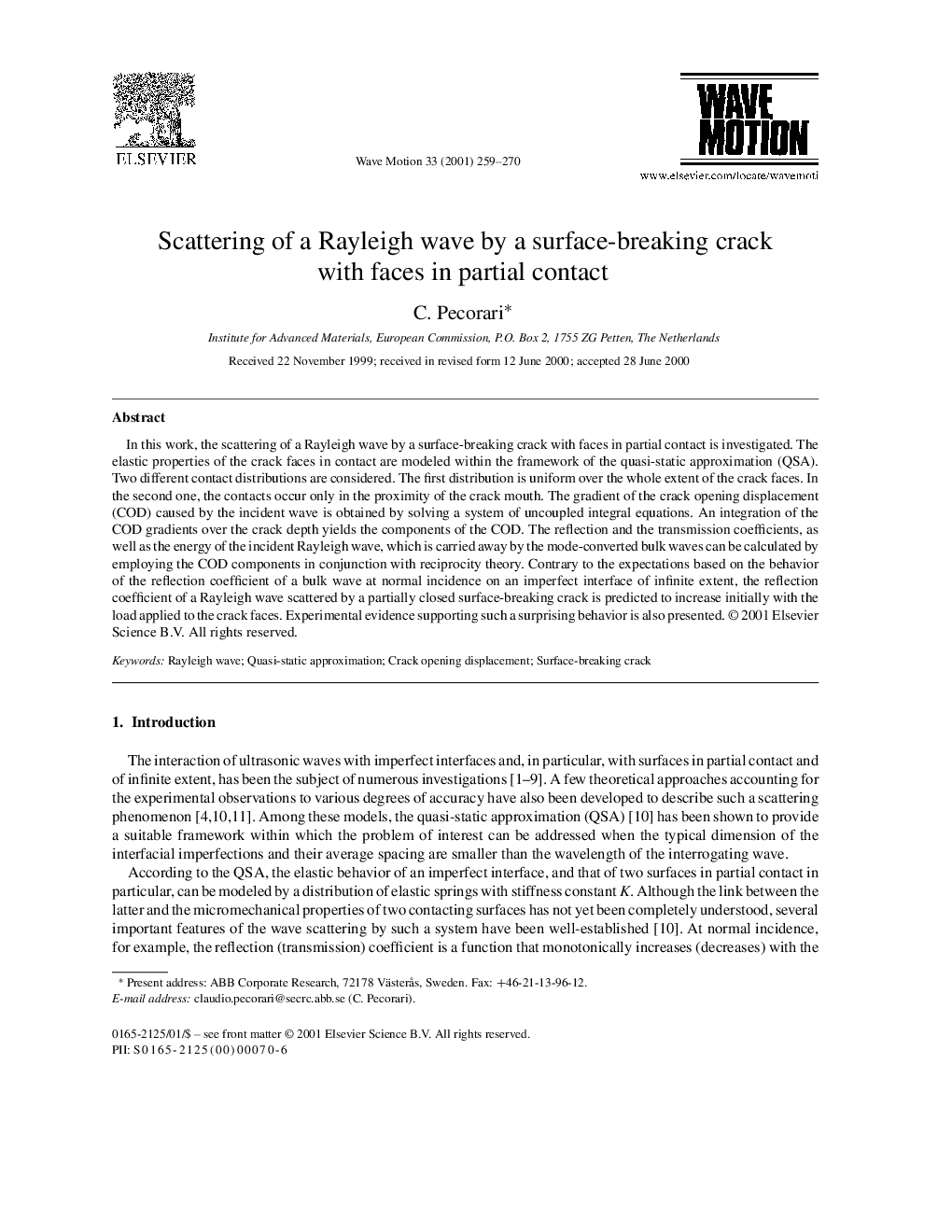| Article ID | Journal | Published Year | Pages | File Type |
|---|---|---|---|---|
| 5110650 | Government Information Quarterly | 2016 | 12 Pages |
Abstract
This study aims to analyze users of smart work and determine what the users use smart work for in government in Korea. More specifically, the authors describes the various characteristics of smart work users and analyzes the effects of antecedents on the intention to use, and the usage behavior of smart work using the first nation-wide survey of smart work in the public sector. The findings reveal that the level of diffusion of smart work appears to be low in terms of number of the users. However, younger workers who have lower positions and shorter job tenures and workers in quasi-governmental organizations show relatively high levels of intention, and actually use smart work more frequently than other employee groups. Structural equation modeling shows that the perceived costs of commuting and business trips, work productivity and efficiency, and institutional and technological support have positive effects on smart work adoption by public employees. In contrast, social isolation and lack of communication, and unfriendly leadership and management associated with smart work have negative effects. Moreover, the intention to use smart work has a mediating effect on the relationships between the drivers/constraints and the usage behavior of smart work. Based on these results, theoretical and policy implications for the promotion of smart work are presented.
Keywords
Related Topics
Social Sciences and Humanities
Business, Management and Accounting
Business, Management and Accounting (General)
Authors
Seok-Jin Eom, Nakbum Choi, Wookjoon Sung,
